Keep South Carolina Wild
The South Carolina Wildlife Federation (SCWF) works with state legislators and policymakers to protect precious wildlife habitats and ensure that sound scientific data is used to make decisions that affect wildlife. The more knowledge our policy makers have, the better advocates they can be for our natural resources.
Our Government Relations Manager, Trip King, represents the SCWF, as well as our conservation partner, Audubon South Carolina (ASC) at the State House.
Below is a summary of some of the issues we have followed and advocated for or against at the South Carolina State House:
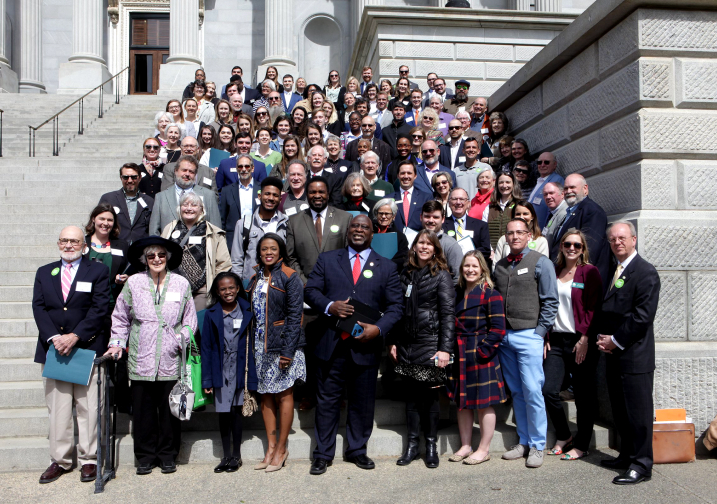
The South Carolina Conservation Bank is the most important tool the state has to ensure South Carolina’s most iconic and precious natural resources are preserved and protected for future generations. Originally established by the General Assembly in 2002 and funded in 2004, the Bank has helped preserve some 300,000 acres of threatened lands in our state since its inception by providing funding for fee simple land purchases and conservation easements.
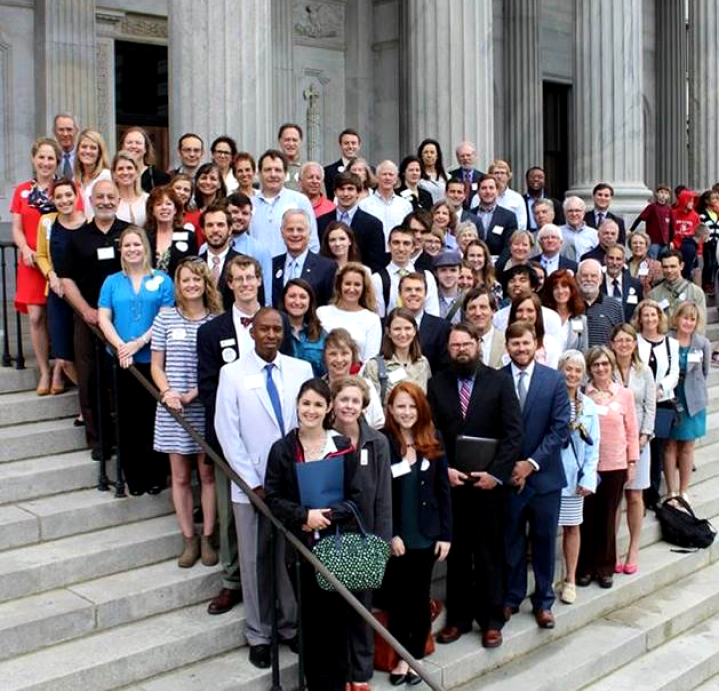
In 2018, SCWF and its conservation partners successfully advocated for the re-authorization of the Conservation Bank which was due to sunset on June 30, 2018. The re-authorization bill removed the historically dedicated deed stamp funding for the Bank so funds for the Bank’s use will now be appropriated through the annual state budgeting process in the General Assembly. The bill also made the Bank a permanent state agency for the first time ever meaning it will not have to be re-authorized by the Legislature in future years.
SCWF will continue to advocate for increased funding for the Conservation Bank and will continue to support the Bank’s critical mission of helping preserve wildlife habitats, natural areas, historical sites, sites of unique ecological significance, forestlands, farmlands, watersheds, open space, and urban parks throughout our state.

The Legislature passed legislation in 2021 that put in place strict regulations regarding the possession, ownership and sale of Tegu Lizards as well as regulations which identify and regulate other non-native and invasive species. SCWF supported this legislation and will continue to support protections for SC’s native wildlife from invasive species.
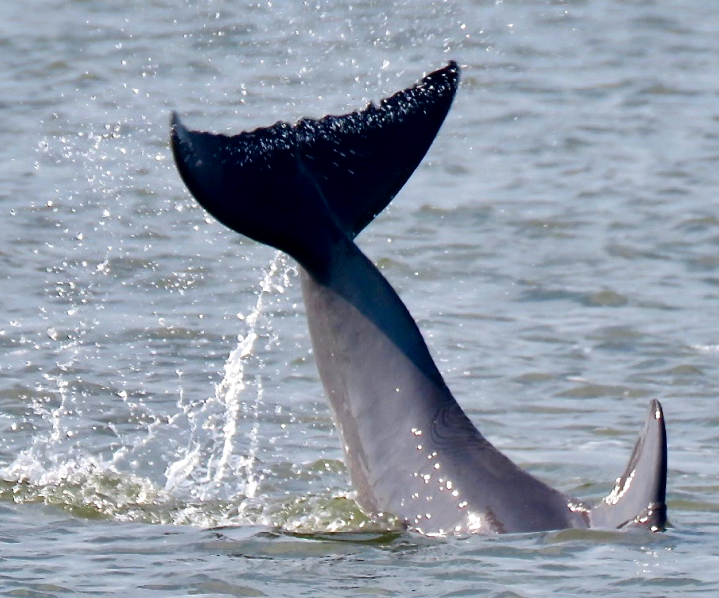
While primarily a federal issue, Governor McMaster and SC’s Attorney General Alan Wilson have both openly opposed off-shore oil and gas exploration and drilling off the South Carolina coast. In the Legislature, both opponents and supporters of offshore exploration and drilling have previously filed bills that would make it easier or harder, respectively, for companies engaged in exploration and drilling to locate support infrastructure in South Carolina. SCWF will continue to monitor this issue at both the state and federal levels, and stand ready to take action in opposition to any future attempts at offshore exploration and drilling.

Legislation has been introduced over the past couple of years that would prevent local governmental bodies from passing ordinances to regulate the use of single-use plastic bags and other auxiliary containers in their respective communities. Numerous cities, towns and counties in South Carolina have already adopted such local ordinances in an effort to control the explosion of plastic waste that has proved to be extremely harmful to wildlife. SCWF has opposed legislation such as this that goes against our state’s longstanding Home Rule doctrine and that hamstrings local governments from acting in the best interests of their citizens by finding local solutions to local problems when they arise.

Governor McMaster created by executive order the SC Floodwater Commission in order to initiate a state-wide effort designed to mitigate the increasing impact of floods within the state. The commission is comprised of state agency heads, experts in hydrology, climate change and others with particular expertise in flood control and mitigation.

H.3659, The Energy Freedom Act, received final approval by the General Assembly on May 9, 2019, the last day of the Legislative session. It received unanimous approval in both the Senate and the House of Representatives and was signed by Governor McMaster on May 16. This a was a dramatic turnaround from previous years when efforts to pass energy reform legislation that expanded solar energy production and consumer access was met with resistance. SCWF supported the efforts to pass this comprehensive energy reform package that eliminates the current net-metering cap for roof top solar users and creates a more competitive energy marketplace which will allow residential and business consumers more affordable clean energy choices in the future.
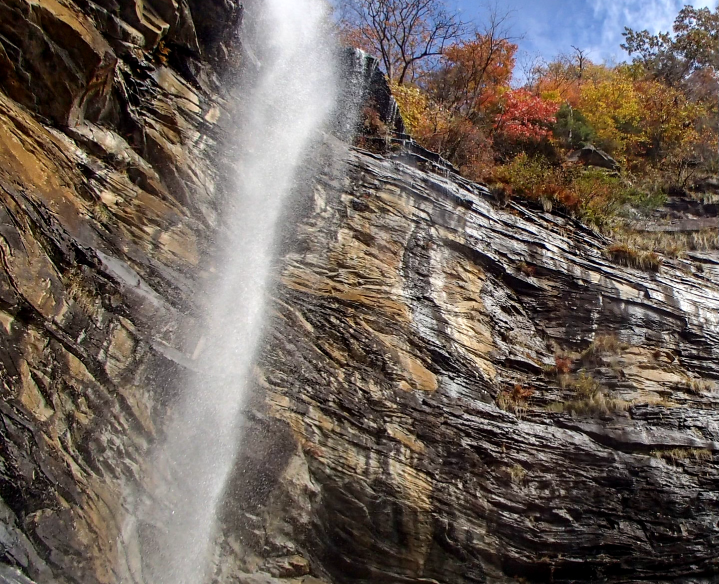
SCWF is an active member of the South Carolina Conservation Coalition, a membership-driven group of some 40+ conservation-minded groups. This group sets a common agenda in the fall each year, and works together on many different issues during each legislative session. The Coalition helps South Carolina Wildlife Federation and other conservation organizations bring many voices to the State House as we advocate for wildlife habitat protection, responsible stewardship of our public lands and for preserving our state’s natural heritage.
Your voice matters! Tell your lawmakers that protecting South Carolina’s wildlife and natural habitats is a top priority.
SCWF works closely with the National Wildlife Federation to engage our supporters on issues of national significance. SCWF monitors these issues and partners with other state affiliates of the NWF to be sure our voices are heard.

This bipartisan bill will dedicate $1.397 billion annually towards voluntary conservation efforts for wildlife at-risk and will prevent species from requiring the emergency room measures of the Endangered Species Act. This would be paid for by directing fees and penalties collected from environmental violations that aren’t already targeted to existing programs.
State fish and wildlife agencies will spend $1.3 billion from this bill to implement their Congressionally mandated State Wildlife Action Plans. These detailed plans incorporate science and public input and are approved by the U.S. Fish and Wildlife Service.
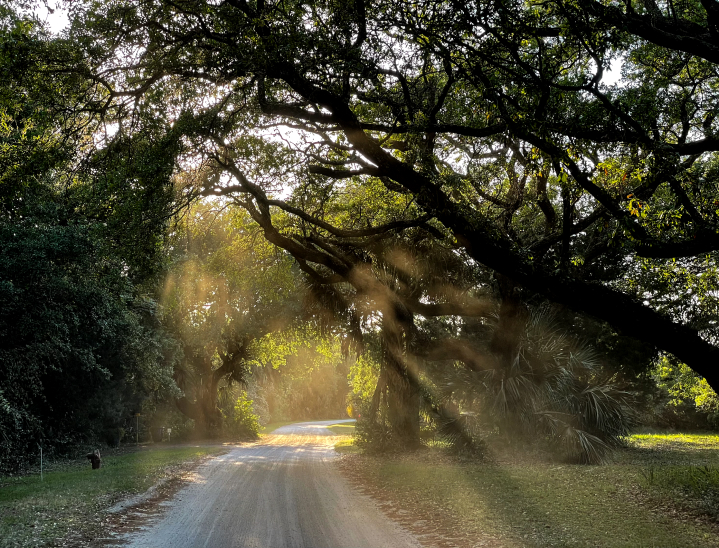
In South Carolina, this bill will send more than $14 million annually to the SC Department of Natural Resources to implement habitat restoration, wildlife management, research, and projects that support outdoor recreation. It would specifically protect habitat for important wildlife species such as the Diamondback Terrapin, American Kestrel, Painted Bunting, Black Bear, Coral Snake, and the American Eel.
Along with many other conservation and sportsmen’s groups, SCWF thanks SC Senator Lindsey Graham for co-sponsoring this bill. The bill has passed out of committee with bipartisan support in both the House and Senate.

In addition to the potential for oil spills like we’ve seen in the Gulf, seismic testing activities could have extremely detrimental impacts on our marine life, not to mention the tourism impacts of pipelines and refineries popping up on our beautiful coastline. SCWF works with state legislators to oppose the on-shore infrastructure needed for offshore drilling, and we talk directly with our Congressional delegates to voice our opposition at the Federal level.
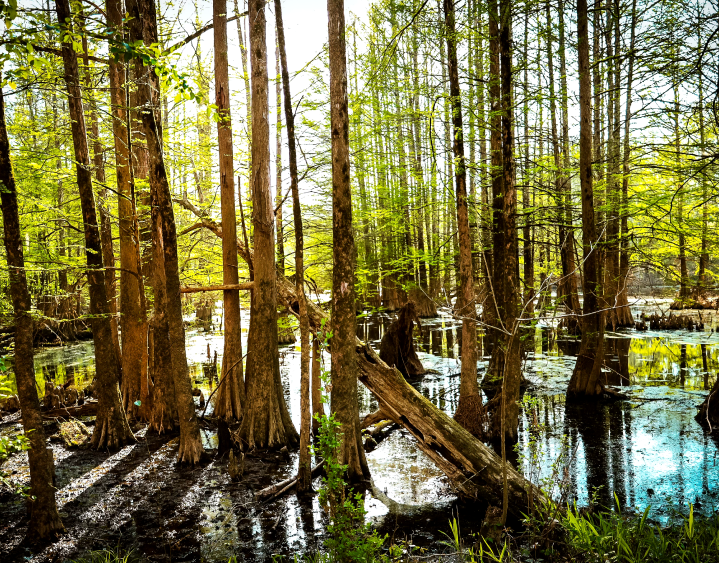
The ACE Act (America’s Conservation Enhancement) is a comprehensive package of bills that empowers partnerships and work happening on-the-ground, and makes significant investments in wildlife conservation. From reauthorizations of programs like the North American Wetlands Conservation Act to the development of new, innovative programs to address emerging threats facing our nation’s wildlife, the passage of the ACE Act represents a win for our nation’s treasured fish and wildlife and outdoor heritage. The ACE Act became law in October 2020. Read more here.

The Great American Outdoors Act fully and permanently funds the Land and Water Conservation Fund. That means $900 million annually will go to preserving, creating and ensuring access to outdoor recreation for the benefit of all Americans. It also establishes a National Parks and Public Lands Legacy Restoration Fund to support deferred maintenance on National Parks, Forest Service, U.S. Fish and Wildlife Service, Bureau of Land Management and Bureau of Indian Education lands. This Act became law in August 2020.
Photo sources: Eagle: Steve Edelstein, Bald Eagle. Sunset: Debbie Staley, Sunset on the 18th Green.